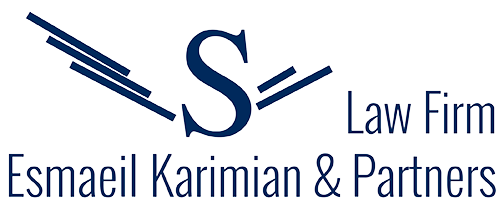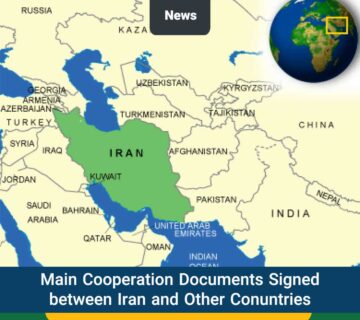In this article you will read:
Litigation procedure in Iran: Is it as bad as it looks?
Introduction
Civil division of the Iranian courts are competent to hear civil pleadings of disputing parties. Disputes related to family law, commercial law, monitory claims, properties etc. are dealt with in Civil courts.
The Law that governs the civil courts is Civil Procedure Code enacted in 2000. According to article 10 of CPC, Civil courts are competent to hear all disputes except for specific matters. In the other words, civil courts have general jurisdiction over all disputes except those disputes that expressly excluded from their jurisdiction and assigned to other courts.
Estimated time for taking care of a case in a civil court ranged between 6 months to 2 years. Time-consuming procedure usually imposes considerable legal costs on the disputing parties; therefore, many companies prefer other methods of dispute resolution, especially arbitration, over litigation.
Esk Law firm Services
Litigation
Litigation procedure in Iran: Is it as bad as it looks?
Going through litigation procedure in Iran is hard and time consuming, but it is not as bad as it may look.
Judges are usually impartial and if you have enough evidence, you will most likely win the case. Iran has three-stage legal system consisting of court of first instance, the appellate court and the high court.
Iranian courts are also divided into civil courts and criminal courts.
You might also be interested in :
What is the meaning of Competent Court?
In accordance with Article 11 of the Iranian Code of Civil Procedure, the competent court for hearing a civil action is the court the defendant domiciles.
The legislator has not made any distinction in that respect between foreigners and Iranians.
Save in cases where the parties have agreed on the jurisdiction of a different court in the contract or in a separate agreement, the case shall be heard before the court the defendant domiciles

How to File a Civil Suit?
To file civil legal suits, the claimant must submit his statement of claim and copies of all relevant documents to the registry of the bureau of the First Chamber of the court of first instance in duplicate.
If the case consists of multiple defendants, then the copies shall be made in the number of the defendants plus one.
The President of the First Chamber, who is an important judicial figure, shall refer the file to one of the Chambers of the Civil Court.
He is the sole person vested with the power to choose the court that will investigate the case and neither the parties, nor any other authority, can prevail himself of this right.
Once the case has been distributed, the designated court shall fix the day and time of the hearing, send a copy of the statement of claim and documents to the defendant(s) and summon the parties for the hearing. If the defendant is domiciled abroad, the date of the notice shall be at least 2 months prior to the hearing.

Is mediation and arbitration applicable in Iran?
Similar to many other countries, using Alternative Dispute Resolution (ADR) mechanisms such as mediation, conciliation, and expert determination is allowed and depends on the parties’ agreement.
In other words, such dispute resolution methods must be incorporated into the parties’ agreement so that it is imposed on the disputing parties. Arbitration, as an ADR technique, also needs parties’ consent to become compulsory for them.
However, according to the laws of Iran, there are some specific disputes that must be preliminary dealt with by mediation or arbitration tribunal, such as stock market disputes or employment disputes.
Our team is composed of highly skilled and versatile lawyers who combine practical experience and academic knowledge of their field. Most of our practitioners have worked in different professional environments, often outside their home jurisdiction.





No comment